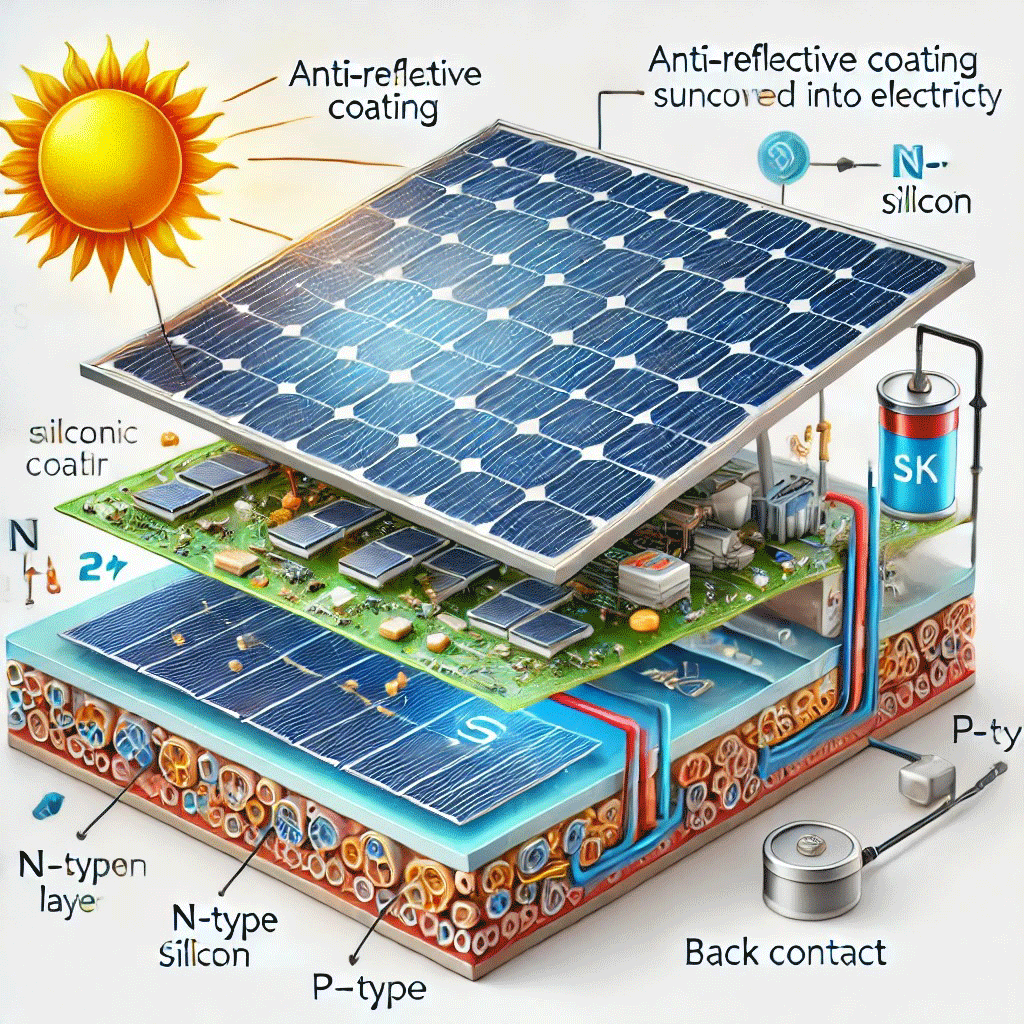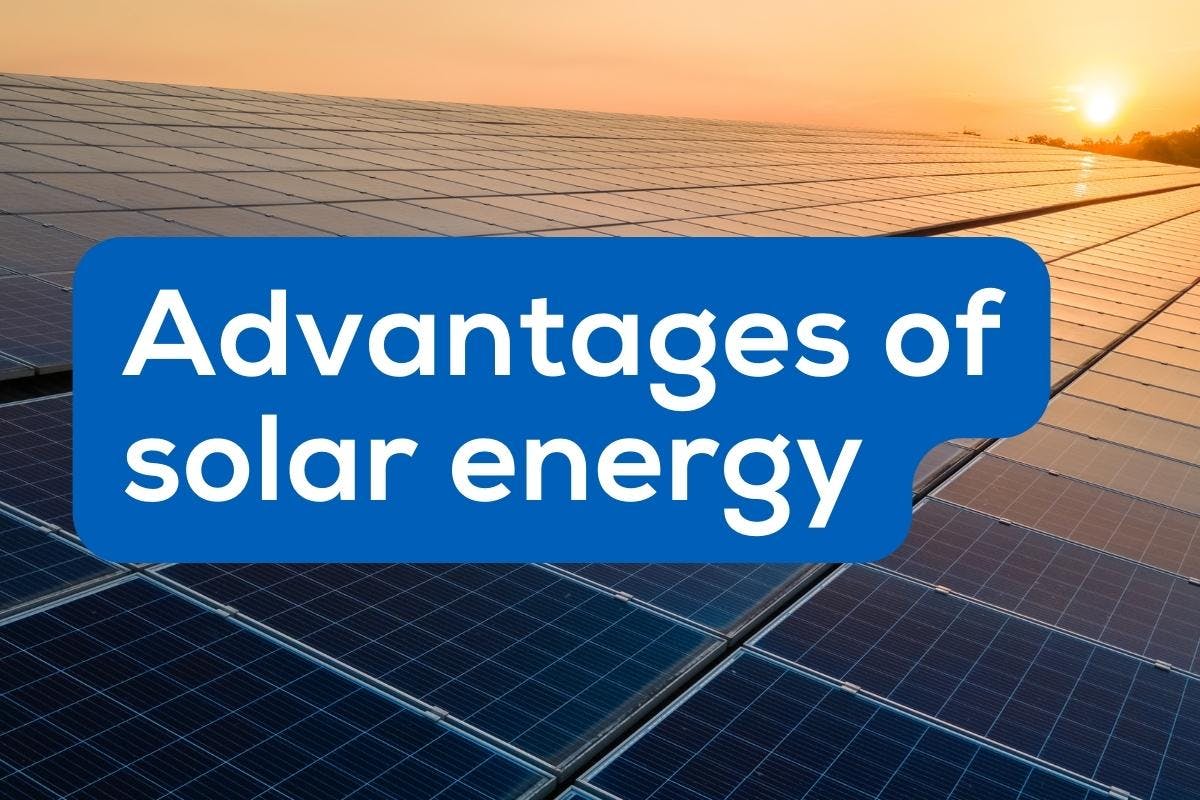How Solar Energy Can Aid You Conserve Money and Lower Your Carbon Impact
The integration of solar power into your energy portfolio presents an engaging opportunity for both financial cost savings and environmental stewardship. As numerous government motivations end up being offered, the question occurs: exactly how can one properly navigate the first investments and recurring benefits of solar modern technology to take full advantage of both financial and environmental gains?
Comprehending Solar Power Financial Savings
While the transition to solar power frequently entails a preliminary financial investment, recognizing solar power savings is critical for house owners and organizations alike. Solar energy systems can significantly lower electrical energy costs by taking advantage of the sun's energy, translating right into substantial long-lasting economic advantages.
Additionally, solar energy systems might get approved for various monetary rewards, consisting of tax obligation credit scores and refunds, even more enhancing their cost-effectiveness. The availability of net metering permits users to market excess power back to the grid, producing an additional earnings stream. These factors add to the general savings connected with solar power.

Along with direct financial cost savings, solar power uses the added advantage of increasing property value. Residences geared up with solar panels are usually more attractive to customers, as they assure reduced energy costs - Simply Solar Illinois. Understanding these aspects is essential for any person thinking about solar power, as it highlights not just the prospective monetary gains, however likewise the more comprehensive environmental and financial advantages of taking on sustainable energy options
Initial Expenses vs. Long-Term Perks
When reviewing solar energy, it is essential to evaluate the first expenses versus the long-term benefits. The in advance investment for solar panels, installment, and relevant equipment can be significant, typically varying from $15,000 to $30,000, relying on the system dimension and home power demands. This initial expenditure might discourage some property owners; nevertheless, it is crucial to think about the potential cost savings over time.
When set up, solar energy systems can considerably decrease and even remove regular monthly electrical energy bills, bring about considerable long-term economic benefits. Studies show that home owners can save anywhere from $10,000 to $30,000 over the life expectancy of their solar system, normally 25 years. Additionally, many states use motivations, tax credit ratings, and refunds that can balance out first costs, making solar more accessible.

Decreasing Your Carbon Impact
Minimizing your carbon footprint is an important consideration in today's environmentally conscious society, and taking on solar energy is just one of the most efficient strategies to accomplish this goal. Solar power is a tidy, renewable energy that substantially decreases reliance on nonrenewable fuel sources, explanation which are major contributors to greenhouse gas discharges.

Furthermore, the widespread adoption of solar innovation motivates the advancement of green jobs and supports developments in energy storage space and performance. The even more individuals and organizations purchase solar energy, the better the collective reduction in carbon emissions, promoting a cleaner atmosphere for future generations.
Federal Government Incentives and Refunds
Embracing solar power not only benefits the environment yet can likewise lead to significant financial cost savings, particularly with the accessibility of federal government rewards and discounts. Numerous federal, state, and local programs are designed to motivate homeowners and companies to buy solar power systems, making the transition a lot more budget-friendly.
One of one of the most prominent incentives is the Federal Investment Tax Obligation Credit Report (ITC), which enables planetary system owners to subtract a considerable percentage of the installment prices from their federal taxes. This reward has actually been essential in lowering the upfront expenses connected with solar power systems. Additionally, several states use their very own tax obligation credit ratings, gives, and refunds that can better enhance financial savings.
Moreover, some local federal governments supply residential property tax obligation exemptions for solar installations, making sure that property owners do not face enhanced real estate tax as an outcome of their renewable resource financial investments. Energy business might likewise supply rewards, consisting of web metering and feed-in tariffs, which permit solar power customers to market excess power back to the grid.
Picking the Right Planetary System
Selecting the navigate to this site suitable planetary system is vital for making best use of energy performance and monetary advantages. The choice rests on a number of aspects, including energy demands, spending plan, and available room. Home owners must start by analyzing their electrical energy consumption to figure out the system size needed for ideal performance.
Following, take into consideration the different kinds of solar technologies offered. Simply Solar Illinois. Photovoltaic (PV) panels are one of the most typical, converting sunlight directly right into electricity, while solar thermal systems focus on heating water. Each kind has distinct advantages depending on specific needs
Spending plan factors to consider are likewise paramount. Initial setup prices can vary considerably, so it is essential to contrast quotes from several providers and discover financing choices. Government rewards and rebates can better minimize the see this website economic burden, making solar systems extra accessible.
Conclusion
In summary, solar energy provides a feasible remedy for accomplishing considerable expense financial savings while at the same time decreasing carbon exhausts. The initial investment, though significant, yields considerable long-term economic advantages, with possible savings ranging from $10,000 to $30,000 over 25 years. In addition, the ecological advantages of solar power contribute to lasting methods critical for combating climate adjustment. Government motivations boost the usefulness of solar innovation adoption, urging a shift towards a cleaner, extra economically reliable power source.